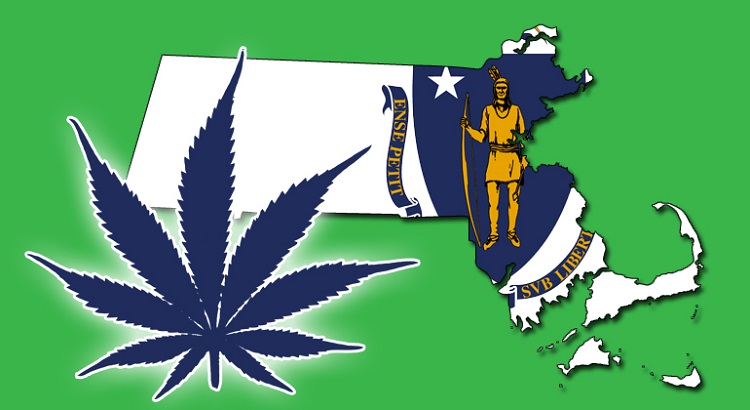Massachusetts pushes ahead with social consumption pilot program
Industry experts feel confident that the state’s dispensary count could top 45 by the time 2020 is over
When cannabis was legalized for recreational purposes in Massachusetts following the passing of a 2016 ballot measure, nobody anticipated that social consumption spaces would take so long transpire. Under Massachusetts’ adult-use cannabis law, licenses must first be obtained from the Cannabis Commission Control (CCC) before business owners can launch a social establishment inside which consumers can legally consume their bud.
Finally, after a tedious wait, the commission is progressing with a social consumption space pilot program. The CCC approved the program in a 3-2 vote that took place earlier this month.
“I believe it is the will of the people, I believe there is a strong desire to have this,” commission Chairman Steve Hoffman expressed to reporters after the vote took place.
Currently, almost 20 cannabis retail stores have opened their doors in “the Bay State.”
“At this time, cannabis use is not legal for everyone, because people in public housing and renters and others don’t have a place to legally consume,” is what CCC commissioner Shaleen Title had to say about Massachusetts’ social cannabis consumption program.

The Governor of Massachusetts, Charlie Baker, recently suggested that the state’s social consumption law “would make a lot of sense.”
Massachusetts was the 18th state to legalize medical cannabis
In 2012, medical cannabis was legalized in Massachusetts. It wasn’t until 2015 that the first dispensary began serving patients. Then, statewide cannabis legalization was approved by voters after a ballot initiative in November of 2016. Following its approval, the measure was effectuated in the December and rules drafted for the state’s adult-use cannabis industry.
A maximum of 12 ounces can be kept inside the home by Bay Staters, who can possess no more than an ounce of weed on their person. Individuals aged below 21 years are forbidden from entering and buying products from licensed pot stores. This isn’t a major problem, however, since consumers can cultivate six plants inside their home. If they reside in the property with two adults, a maximum of 12 plants can be grown inside the home.
“In 10 years, this is going to be as normal as when you go to the Boston Common and see a movie and you can buy a drink,” said Title. “But it’s not happening tomorrow.”
Since there are 4-8 stores opening their doors on a monthly basis in Massachusetts, industry experts feel confident that the state’s dispensary count could top 45 by the time 2020 is over.
“Primary use” and “mixed-use” licenses to be distributed amongst Massachusetts cannabis businesses
Licenses for social cannabis consumption spaces in Massachusetts would not be open for everybody. Craft cannabis producers, social equity applicants, licensed micro-businesses and economic empowerment applicants will have two years to apply for either a “primary use” or “mixed-use” license.
For the program to be approved, the CCC needs to get an adequate number of votes. Permitting social consumption under state law would simplify the process of getting cannabis cafes and/or lounges built on Massachusetts soil. If this does happen, 12 municipalities are expected to join the pilot program, including Amherst, North Adams, Springfield, Provincetown, and Somerville.








